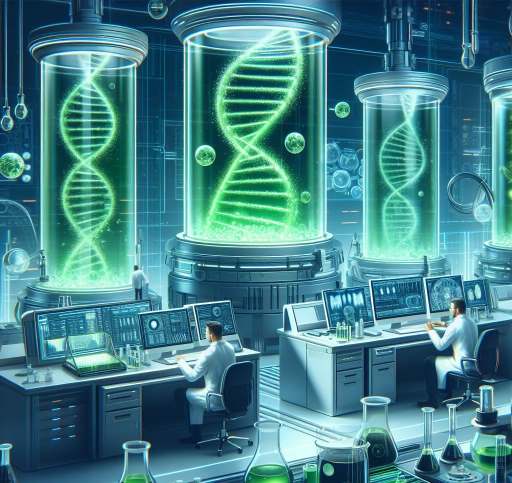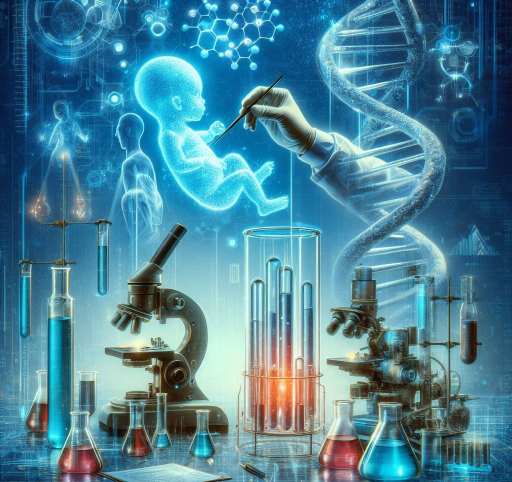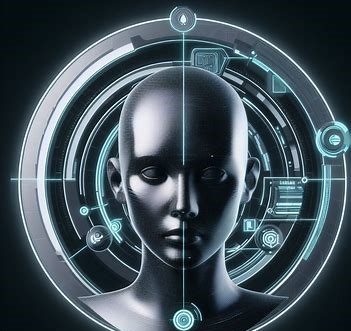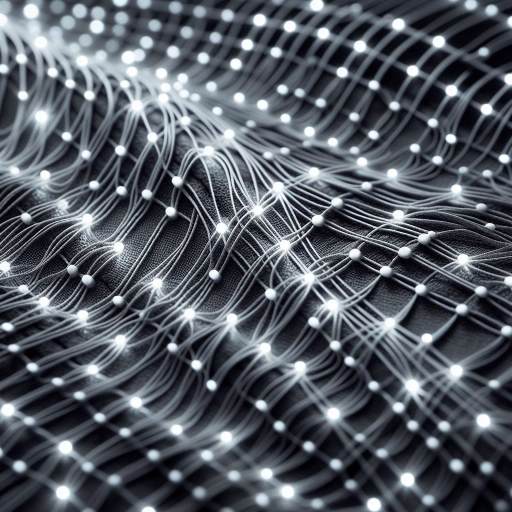In the realm of scientific advancement, one emerging field that has captured the imagination of many is human cloning. This futuristic concept brings with it a plethora of possibilities and ethical considerations. In this blog, we’ll delve into the basics of human cloning, exploring its potential applications, challenges, and the ethical dilemmas it presents.
Table of Contents
What is Cloning?
Let’s break it down – cloning is like photocopying, but for living beings. It’s the process of creating an exact genetic copy of an organism. In the realm of humans, this means making a duplicate with the same genes. Imagine having a carbon copy of yourself!

Understanding Human Cloning
Human cloning involves creating a genetically identical copy of a human being. Unlike identical twins, who share the same DNA but have distinct personalities due to environmental influences, clones would be exact genetic replicas of their donor. While this might sound like science fiction, recent strides in biotechnology have brought us closer to making human cloning a reality.
Applications of Human Cloning:
- Medical Advancements:
- Organ Replacement: Cloning could provide an unlimited source of organs for transplantation, potentially solving the global organ shortage crisis.
- Disease Research: Cloning human cells could aid in understanding and developing treatments for various diseases.
- Reproductive Technology:
- Infertility Solutions: Cloning might offer a new avenue for individuals struggling with infertility by providing an alternative means of reproduction.
- Genetic Preservation: Cloning could allow people to preserve their genetic material for future generations.
Challenges and Ethical Considerations
- Scientific Challenges:
- Technical Hurdles: Successful human cloning involves overcoming significant technical challenges, such as ensuring the proper development of cloned embryos.
- Health Risks: Cloned organisms may face health complications, as seen in some animal cloning experiments.
- Ethical Dilemmas:
- Identity and Individuality: Clones might grapple with questions of identity and individuality, raising concerns about their unique existence.
- Unintended Consequences: The potential misuse of cloning technology, such as creating clones for unethical purposes, poses serious ethical concerns.

How Science Creates Clones: The Nitty-Gritty Details
- Somatic Cell Nuclear Transfer (SCNT): This is the go-to method. Scientists take an egg, remove its nucleus, and replace it with the nucleus from a somatic (body) cell of the donor. Boom! You’ve got a clone in the making.
- Artificial Embryo Twinning: Think of this as the ‘splitting in two’ technique. Early embryos are split into two separate parts, each developing into a genetically identical organism.
The Advantages of Cloning
- Organ Harvesting Savior: Cloning could be the hero in solving the organ shortage crisis. Imagine growing replacement organs, tailor-made for patients in need.
- Disease Busting: Cloning helps researchers understand diseases better. By creating cloned cells, scientists can test new treatments and potentially find cures faster.
The Disadvantages of cloning
- Health Risks: Clones might not be picture-perfect. Many cloned animals have faced health issues, making us question the reliability and safety of the process.
- Ethical Quandaries: The very idea of cloning raises eyebrows. Questions about identity, individuality, and the slippery slope of unethical uses make us ponder the moral compass.
Career Opportunities in Cloning
- Biotechnologist: The rockstars behind the scenes, biotechnologists are the wizards manipulating genes and making cloning happen.
- Genetic Counselor: With cloning comes a need for guidance. Genetic counselors help individuals and families navigate the implications of cloning and genetic technologies.
- Ethicist: Every superhero needs a moral compass. Ethicists ensure that the ethical considerations of cloning are navigated responsibly.

The Future of Cloning
As we tiptoe into this scientific wonderland, the future holds promise. However, it’s essential to tread carefully, considering the potential pitfalls. Who knows, in a few years, cloning might become as common as your morning cup of coffee!
Public Perception and Regulation
Public opinion on human cloning varies widely, with some excited about its potential benefits and others concerned about the ethical implications. Governments and international bodies are grappling with the need to regulate and monitor the development of human cloning technology to ensure responsible use and prevent misuse.
more knowledgeable content click here–> Read New





